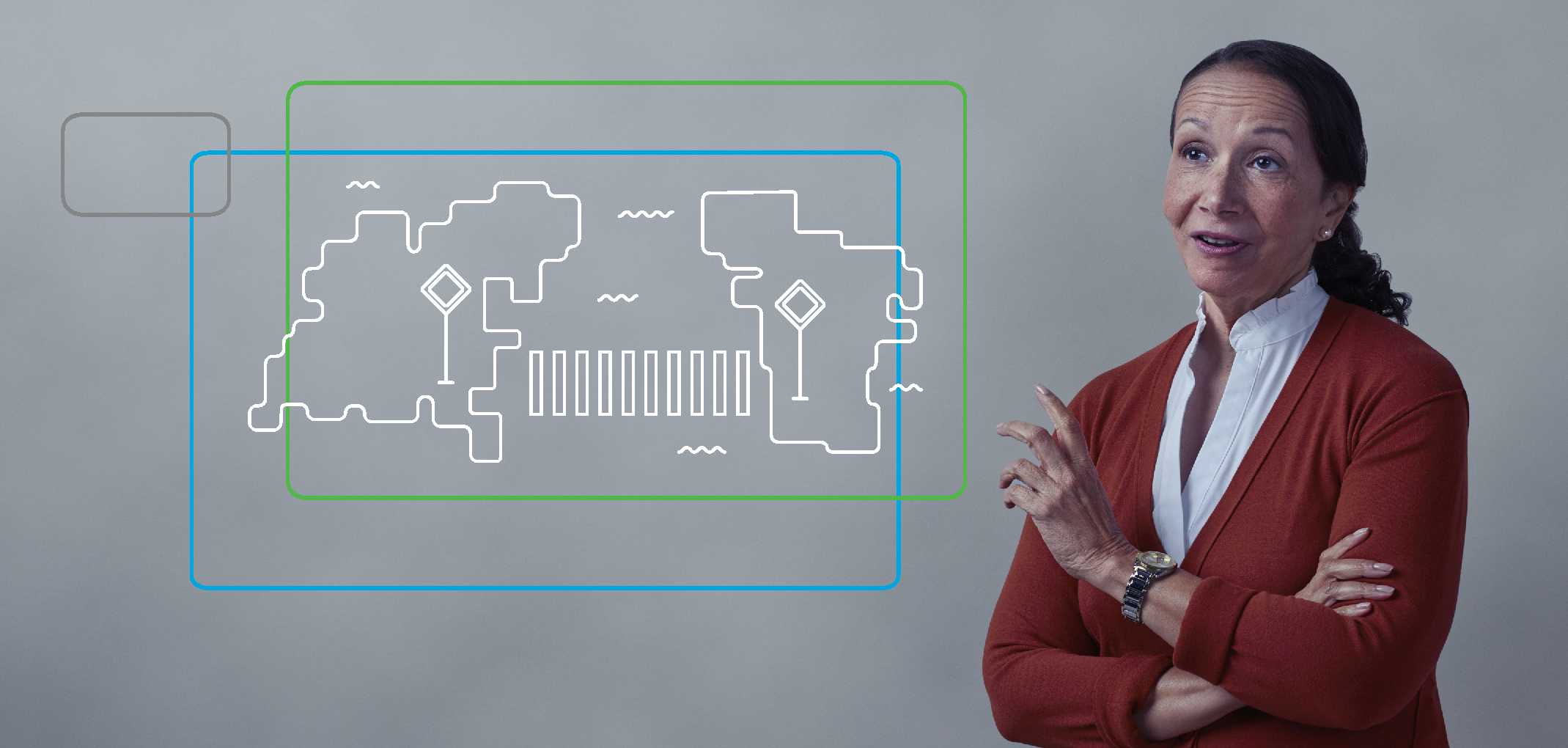
I have just discovered an award-winning butcher that produces some beautiful cuts of meat. I have never stepped inside their store. In fact it is approximately 1,100km away from where I live. Partaking is made possible by technology. The internet can be a wonderful thing (even better when accompanied by bacon).
The internet and globalization has made it possible for us to shop and ship from anywhere to anyone, at any time. Capturing such goods from a Goods and Services Tax (GST) perspective in New Zealand is fairly easy although there are still hurdles to overcome around low value goods that can escape such a charge. Services however have not been so easy to capture. The Government introduced the so called “Netflix Tax” into the GST Act 1985 which became effective on 1 October 2016. We are not the first nation to adopt the tax and certainly not the last. The European Union, South Africa, India, Japan, Russia and Korea have already adopted such legislation prior to our legislation being enacted. Australia’s equivalent took effecton 1 July 2017 .
GST and Cross Border Services
As we are essentially now in full swing and seeing registrations take place in New Zealand it is an opportune time to recap on some of the basics.
New Zealand’s legislation defines digital (or remote) services as a service where at the time of performance of the service, there is no necessary connection between the physical location of the customer and the place where the services are performed. Services specifically covered include supplies of digital content (such as e-books, movies, TV shows, music and online newspaper subscriptions), online supplies of games, apps and software, webinars and long distance learning and website design services to name a few. Also included are services such as legal, accounting and consulting services so it is not just digital content that is captured.
If a remote service is provided to a private consumer (business to consumer or B2C) as opposed to a business consumer (known as B2B), a non-resident supplier will be required to register if B2C supplies in New Zealand exceed the registration threshold (currently $60,000) in a 12 month period. GST is not charged on B2B supplies however the non-resident may choose to treat them as zero-rated if it is advantageous for them to do so (to recover any GST that may be charged to them).
Non-resident suppliers must presume that a New Zealand resident customer is not a GST-registered business unless the customer has provided their GST registration number, New Zealand Business Number, or notified the supplier of their status as a registered business. Fines of up to NZ$50,000 can be applied to a New Zealand-resident consumer who knowingly misrepresents that they are a GST-registered business to an overseas services supplier.
Also of note is that New Zealand treats payments for remote gambling services or prize competitions by a New Zealand resident performed outside New Zealand as payment for the supply of services by the person who conducts the gambling or prize competition. The definition of online gambling or prize competitions is broad, and advice should be sought if it appears as though the gambling rules may apply.
The registration process for non-resident suppliers of remote services has been somewhat streamlined as an application for an IRD number (often terms as a Tax Identification Number) does not require the non-resident to open and operate a New Zealand bank account - something that can be a long drawn out process.
“Marketplaces” may also be required to register for GST. This is new terminology and looks beyond the legal structure of the supplier of the service. It can be an electronic marketplace such as an app store or non-electronic marketplace. The rules are such that, if certain conditions are satisfied, the operator of the marketplace is required to register and return GST on supplies made through the marketplace. This would alleviate the foreign supplier from having to register and work through the GST procedures in New Zealand.
In conclusion we consider that the enactment of legislation dealing with cross-border remote services bridges the GST gap. As jurisdictions look to ensure adequate tax revenues are generated, taxing digital services similar to “non-digital” services, specifically in that GST should be charged where the service is consumed, more appropriately aligns the tax charge with consumption of the service.
